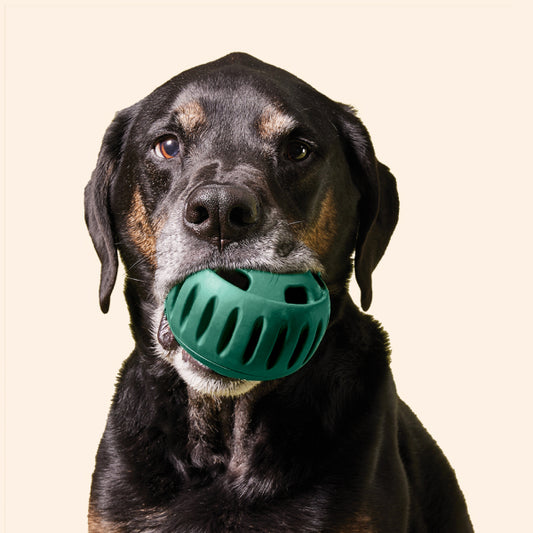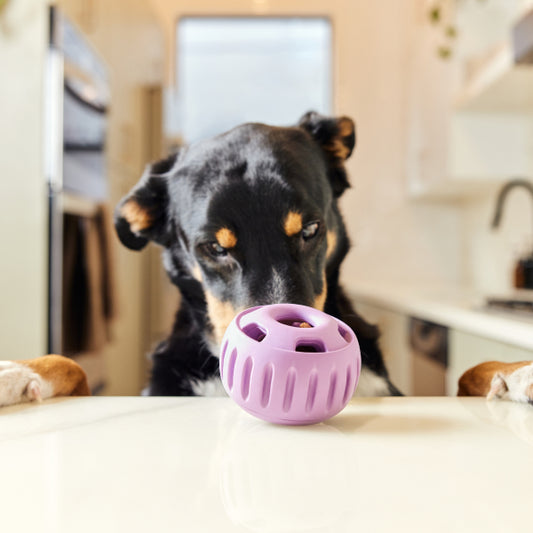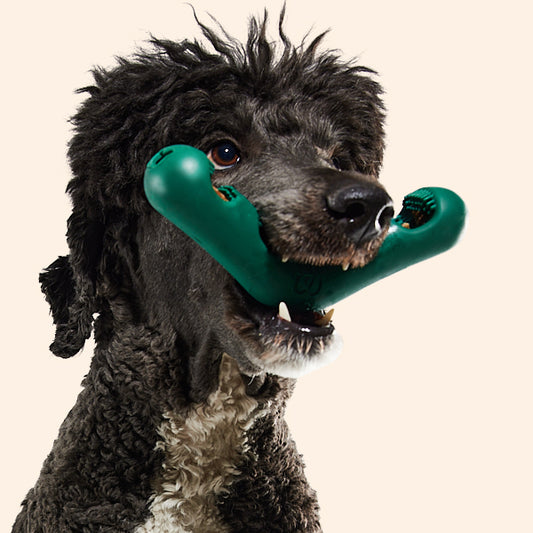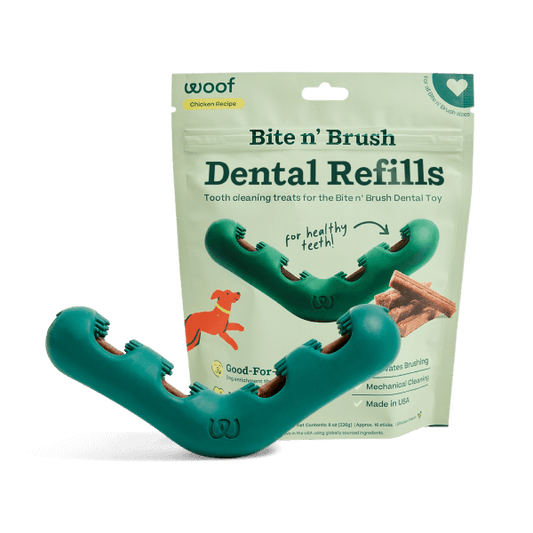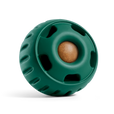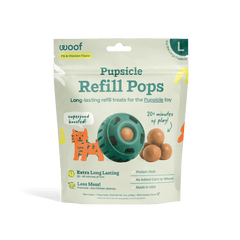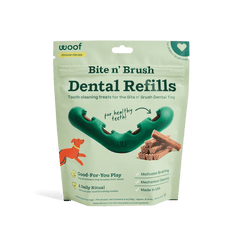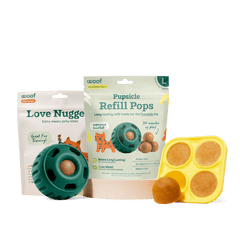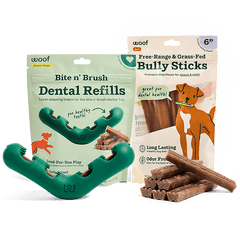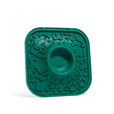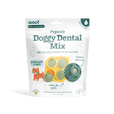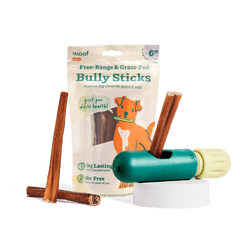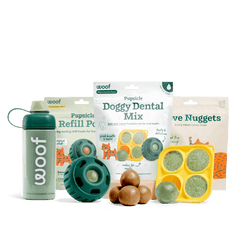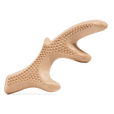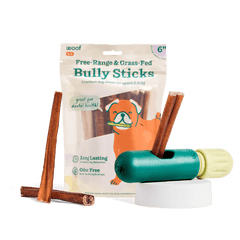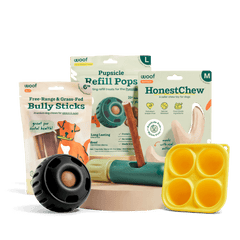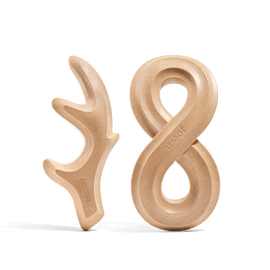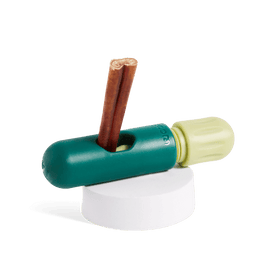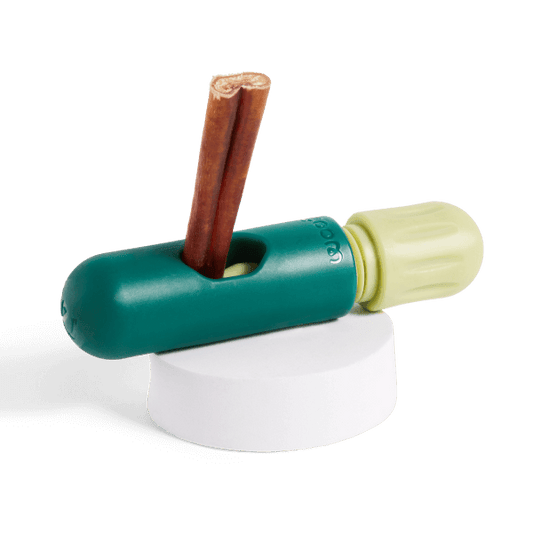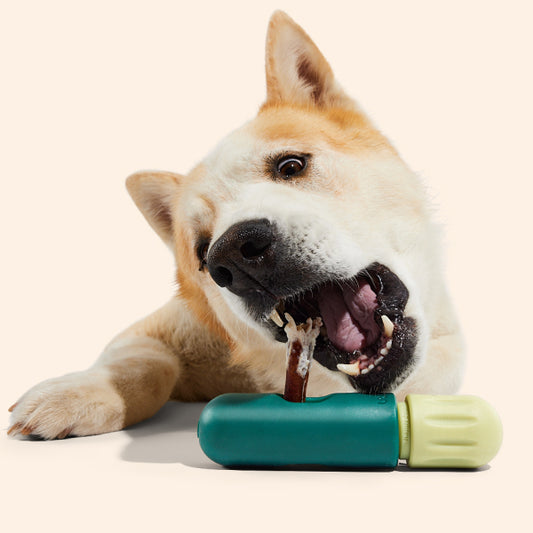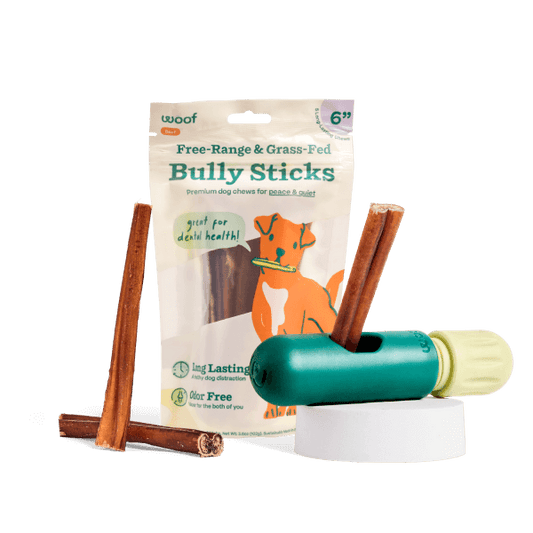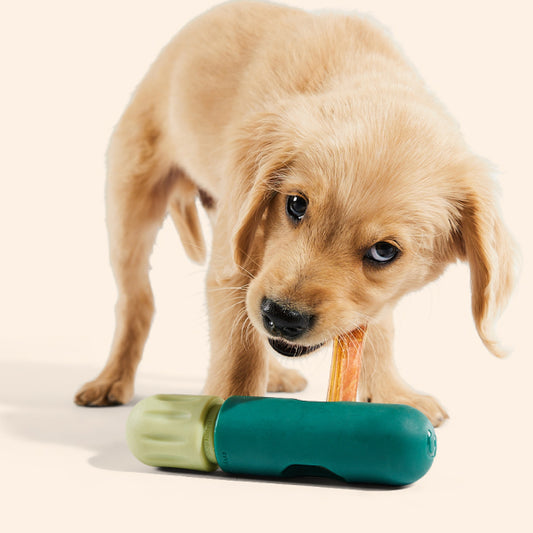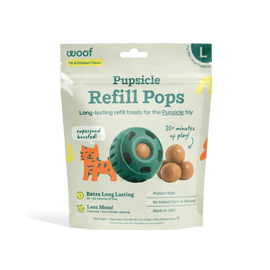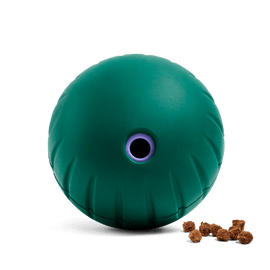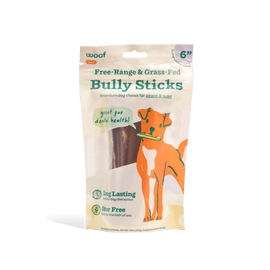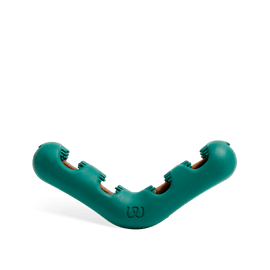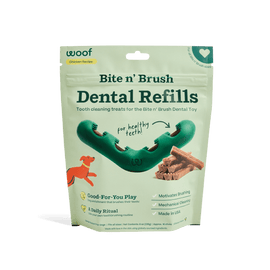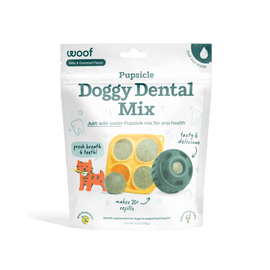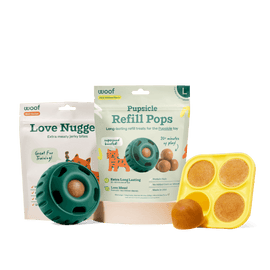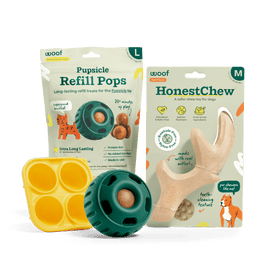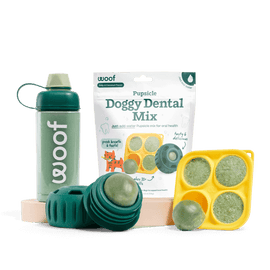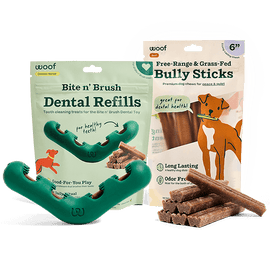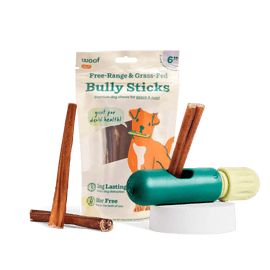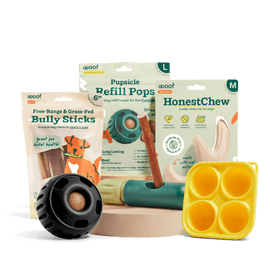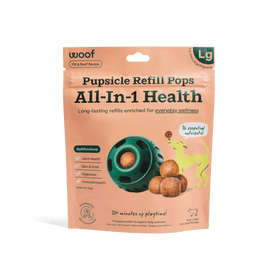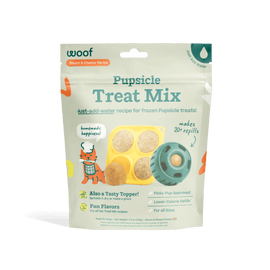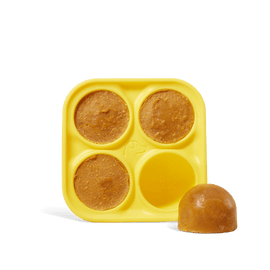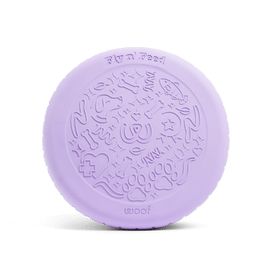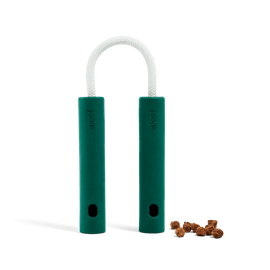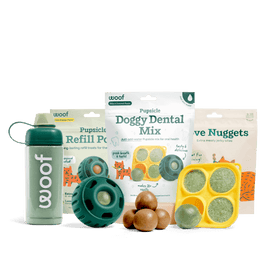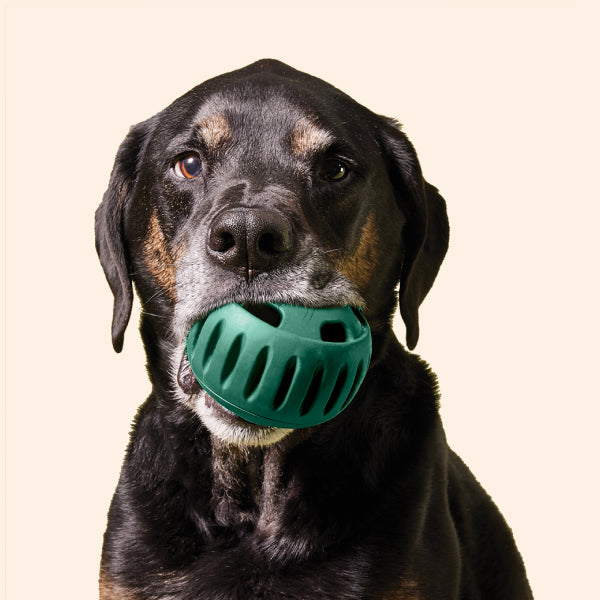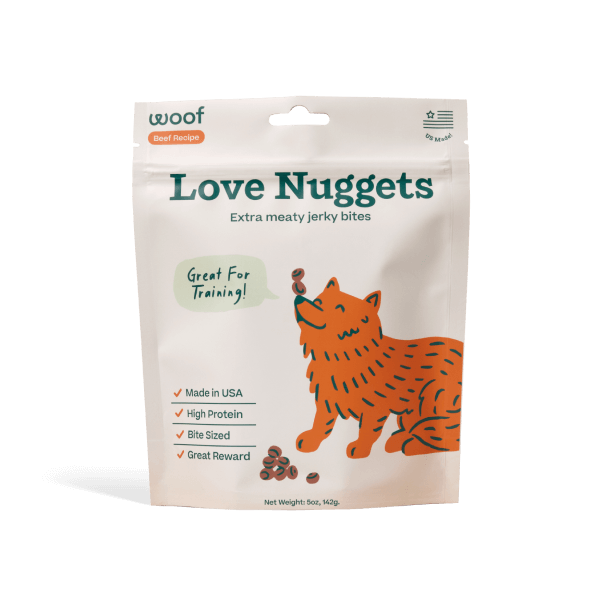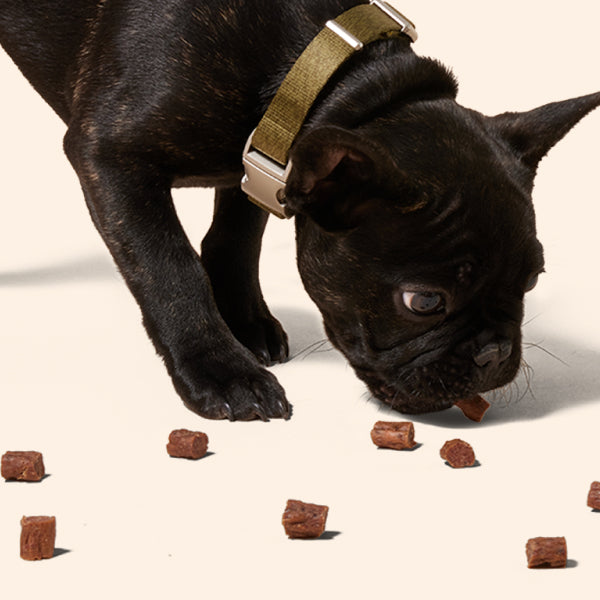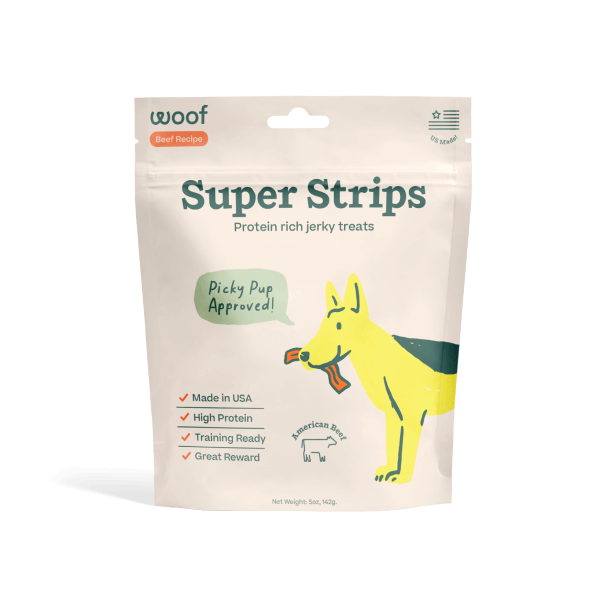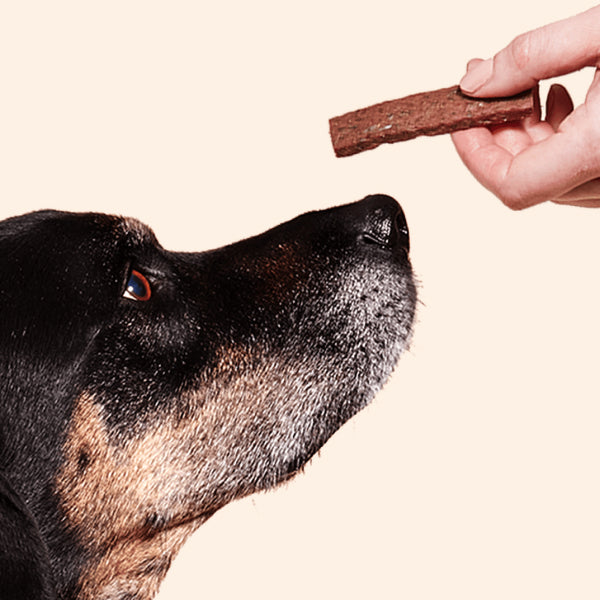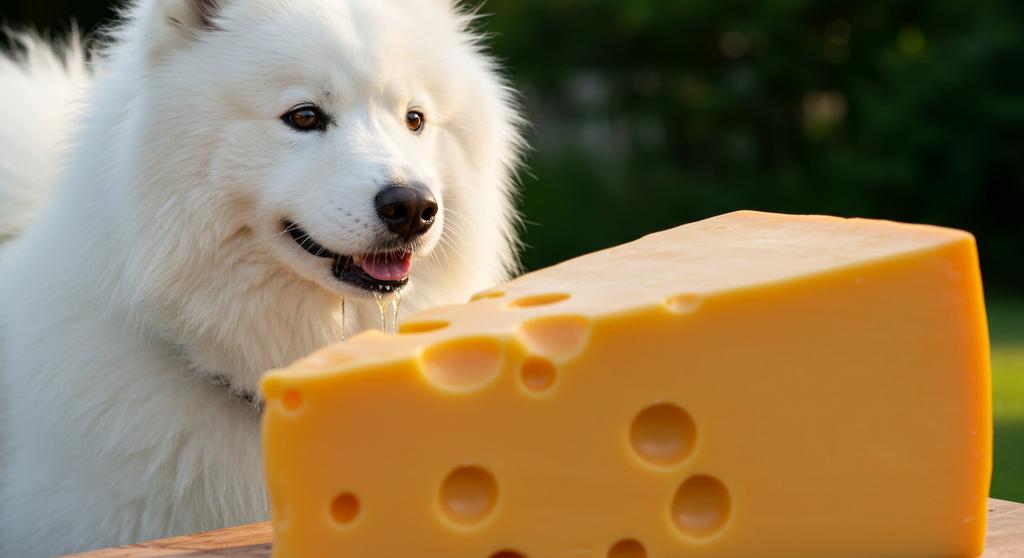
As a loving dog owner, you might find yourself tempted to share your favorite snacks with your furry friend. Cheese, with its rich aroma and taste, often tops the list of human foods that dogs find irresistible. But is it safe to indulge your pup with this dairy delight?
Let's explore the do's and don'ts of feeding cheese to your canine companion.
Understanding Cheese in Your Dog's Diet
Cheese can be a delightful treat for dogs when given appropriately. It's packed with protein, calcium, vitamin A, essential fatty acids, and B-complex vitamins. These nutrients can contribute positively to your dog's health, making cheese a potentially beneficial occasional snack.
Types of Cheese: Which Are Safe?
Not all cheeses are created equal when it comes to canine consumption. Here are some guidelines to help you choose the right type:
- Safe Options: Plain, unsweetened cheeses like cheddar, mozzarella, and Swiss are generally safe. These varieties are lower in fat and sodium, making them suitable for most dogs.
- Cheeses to Avoid: Steer clear of cheeses containing harmful additives such as garlic, onions, or chives, as these ingredients can be toxic to dogs. Additionally, spicy cheeses can irritate your dog's digestive system and should be avoided.
Moderation Is Key
While cheese offers nutritional benefits, it's also high in fat and calories. Overindulgence can lead to weight gain and, in severe cases, pancreatitis—a serious health condition in dogs. To keep your pup healthy:
- Portion Control: Offer cheese in small amounts. A small cube or thin slice is typically sufficient as a treat.
- Frequency: Limit cheese treats to occasional rewards rather than daily indulgences. This practice helps prevent potential health issues related to high fat intake.
Consider Lactose Intolerance
Just like humans, some dogs are lactose intolerant, meaning they lack the enzyme needed to digest lactose found in dairy products. Signs of lactose intolerance include diarrhea, vomiting, gas, and bloating after consuming dairy. If your dog exhibits any of these symptoms, it's best to avoid giving them cheese and consult your veterinarian for personalized advice.
Creative Ways to Treat Your Dog
If you're looking for alternative ways to reward your dog without the potential drawbacks of cheese, consider exploring Woof's range of products designed to delight and benefit your canine companion:
- The Pupsicle: A long-lasting, interactive treat dispenser that keeps your dog engaged and satisfied.
- Love Nuggets: Delicious, bite-sized treats perfect for training sessions or rewarding good behavior.
- Super Strips: Tasty and nutritious strips that make for a wholesome snack.
- All-in-1 Chews: Wellness chews formulated to support your dog's overall health.
Conclusion
In summary, cheese can be a safe and enjoyable treat for your dog when offered in moderation and with careful consideration of the type of cheese. Always monitor your dog's reaction to new foods and consult with your veterinarian if you have any concerns about their diet. By making informed choices, you can keep your furry friend happy, healthy, and wagging their tail with delight.

